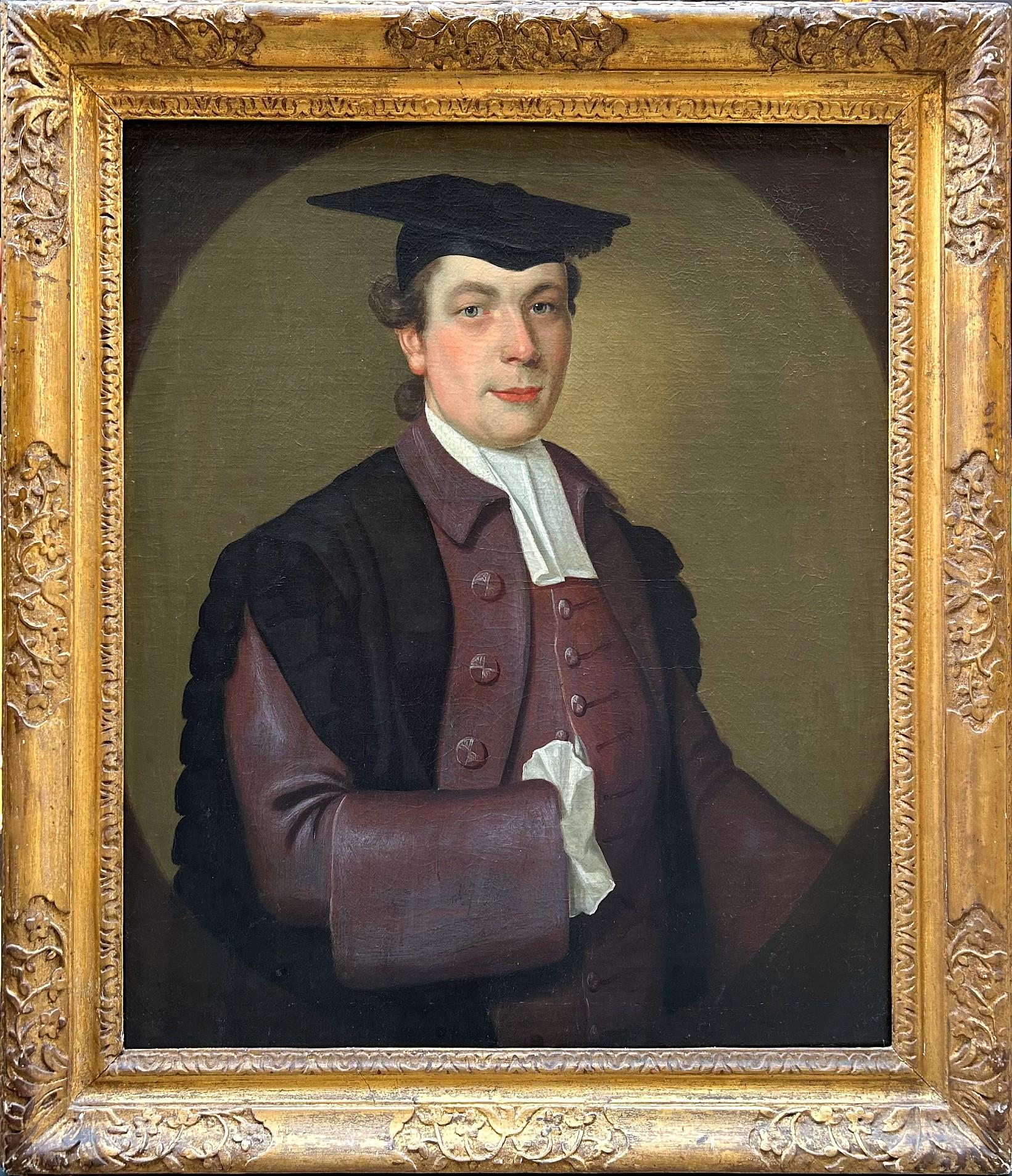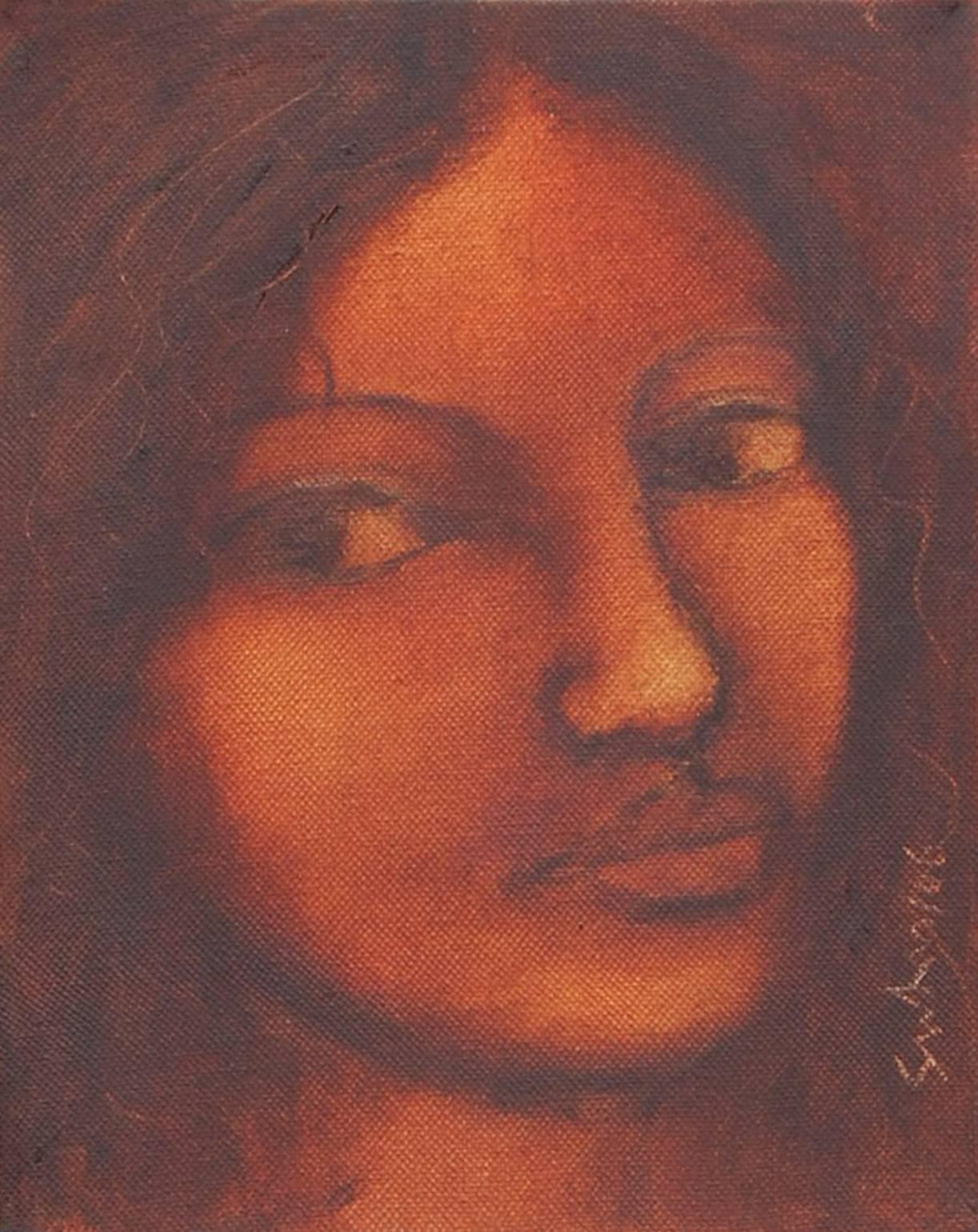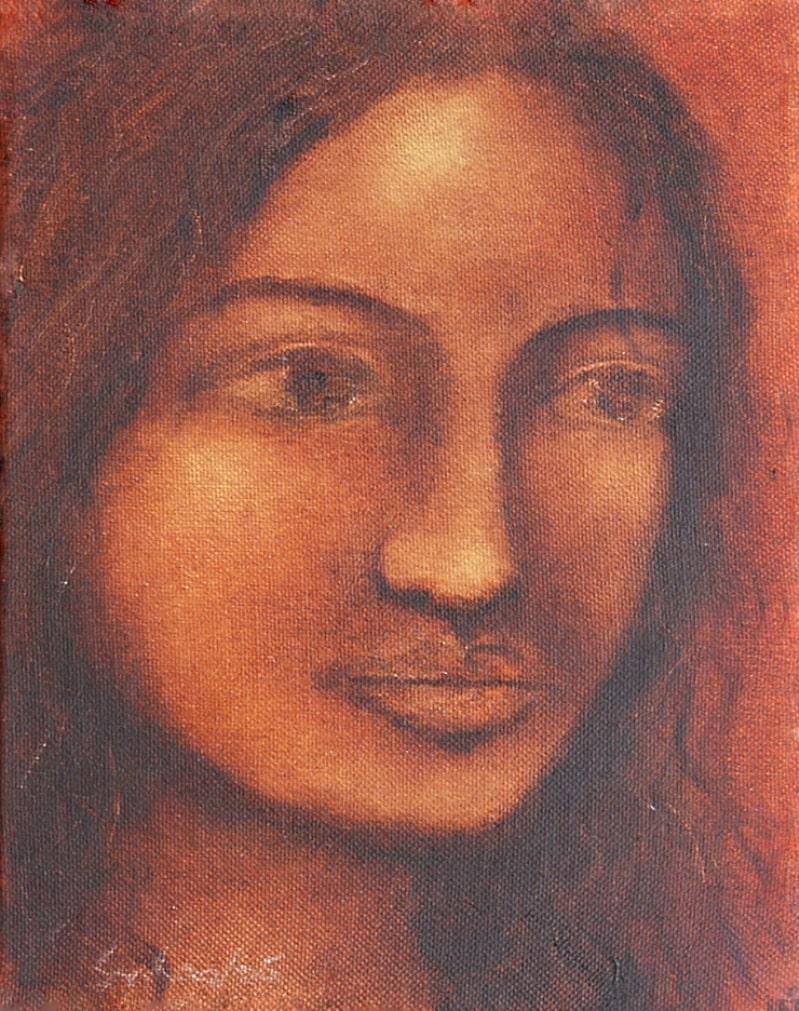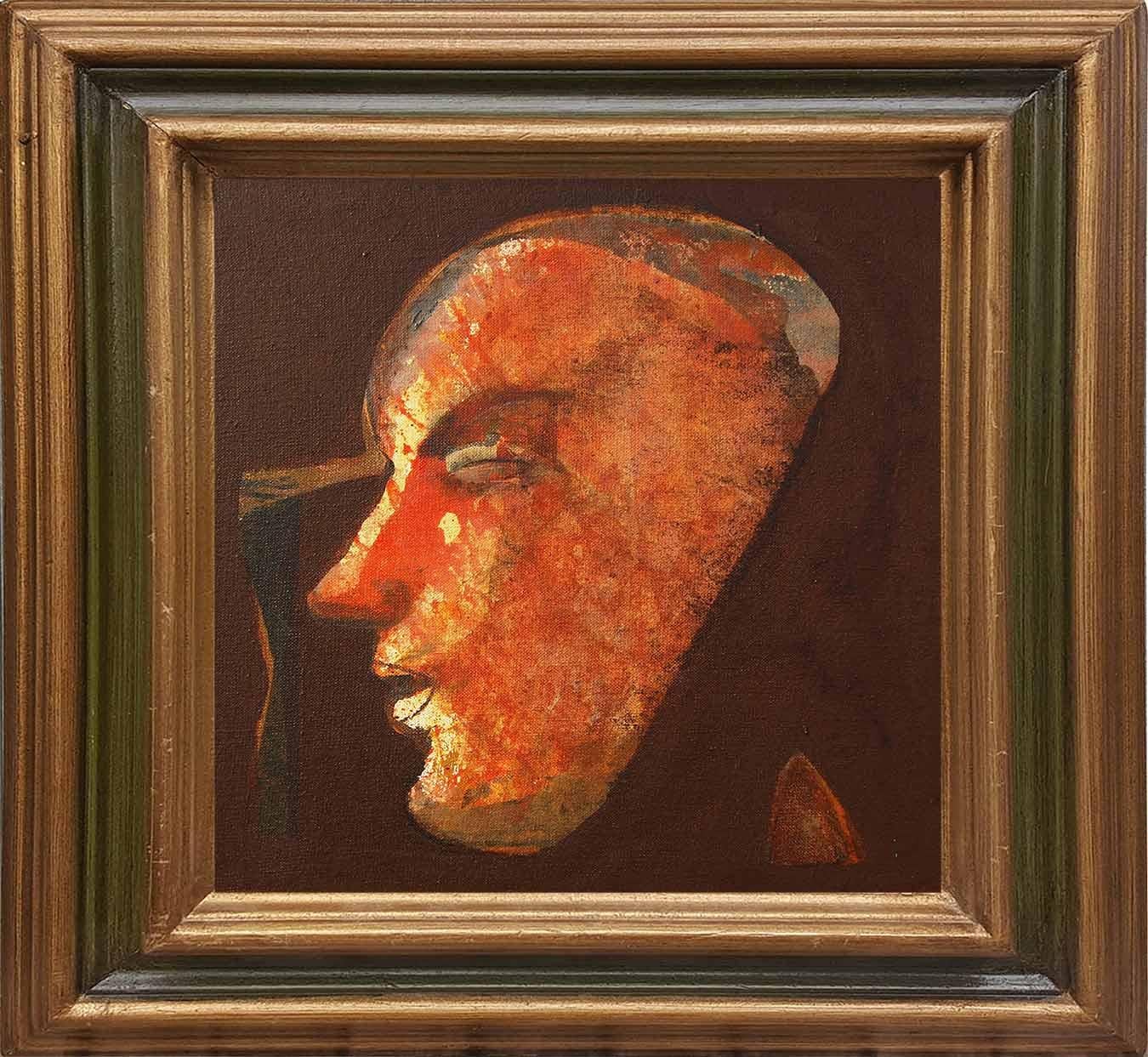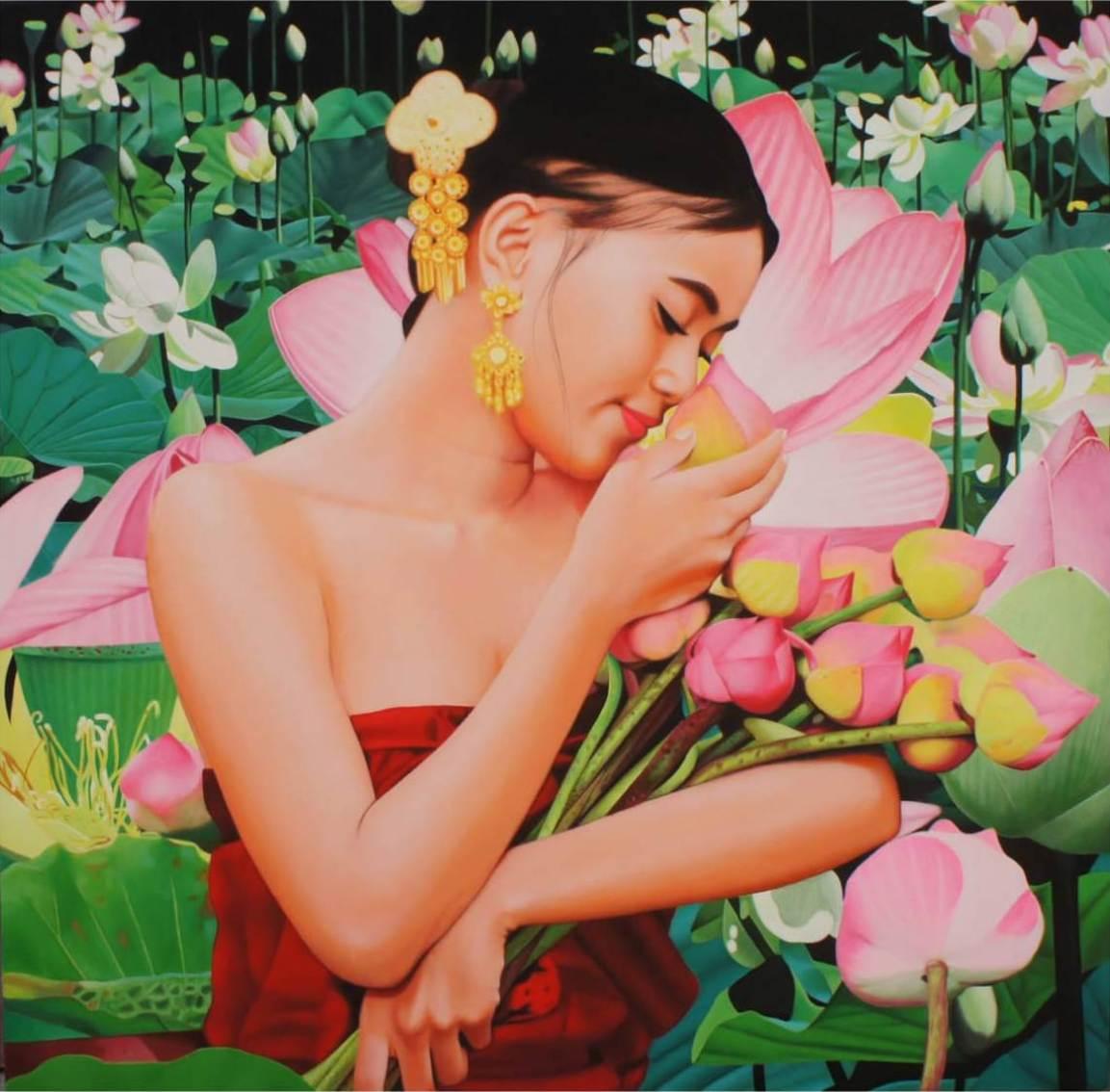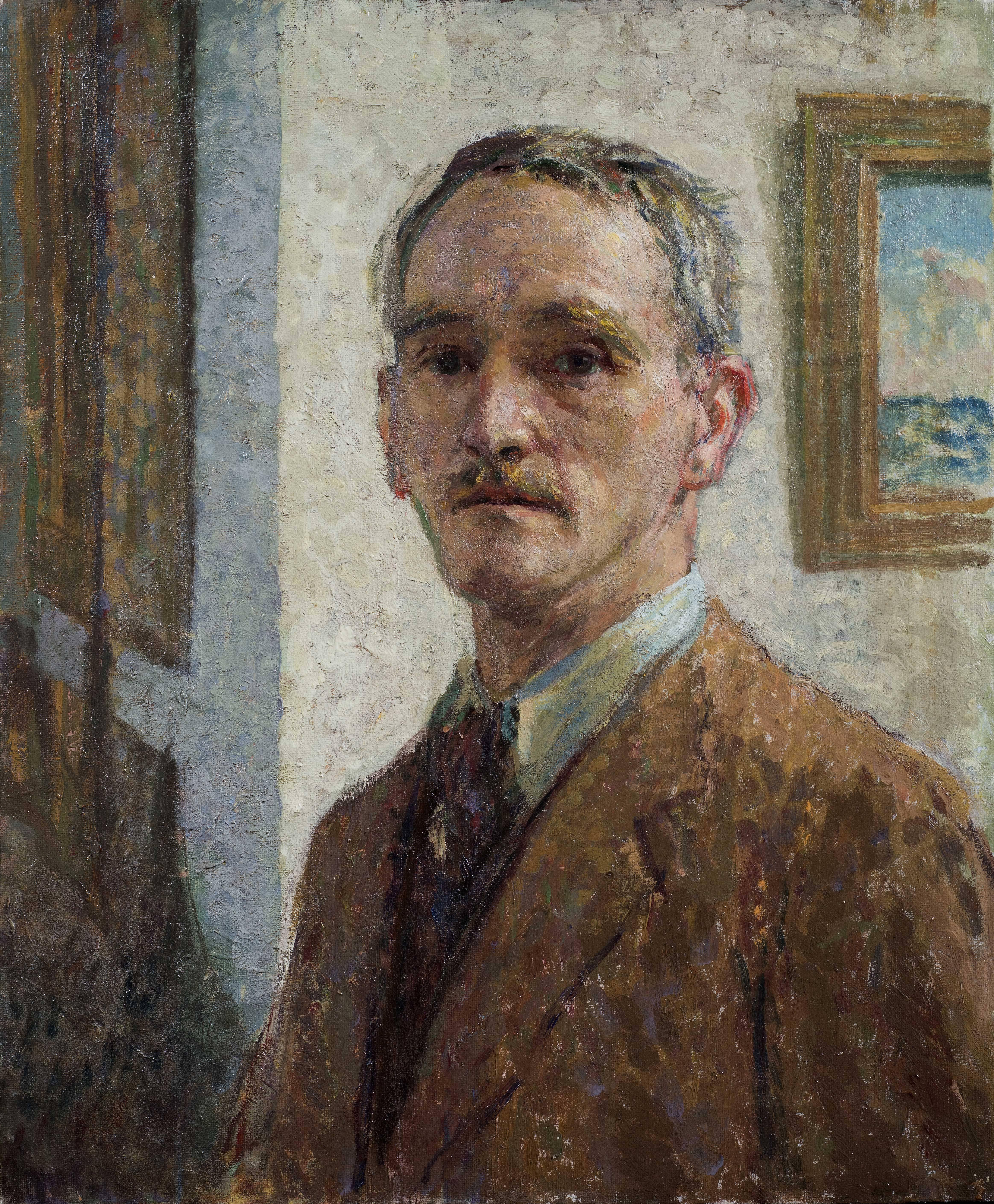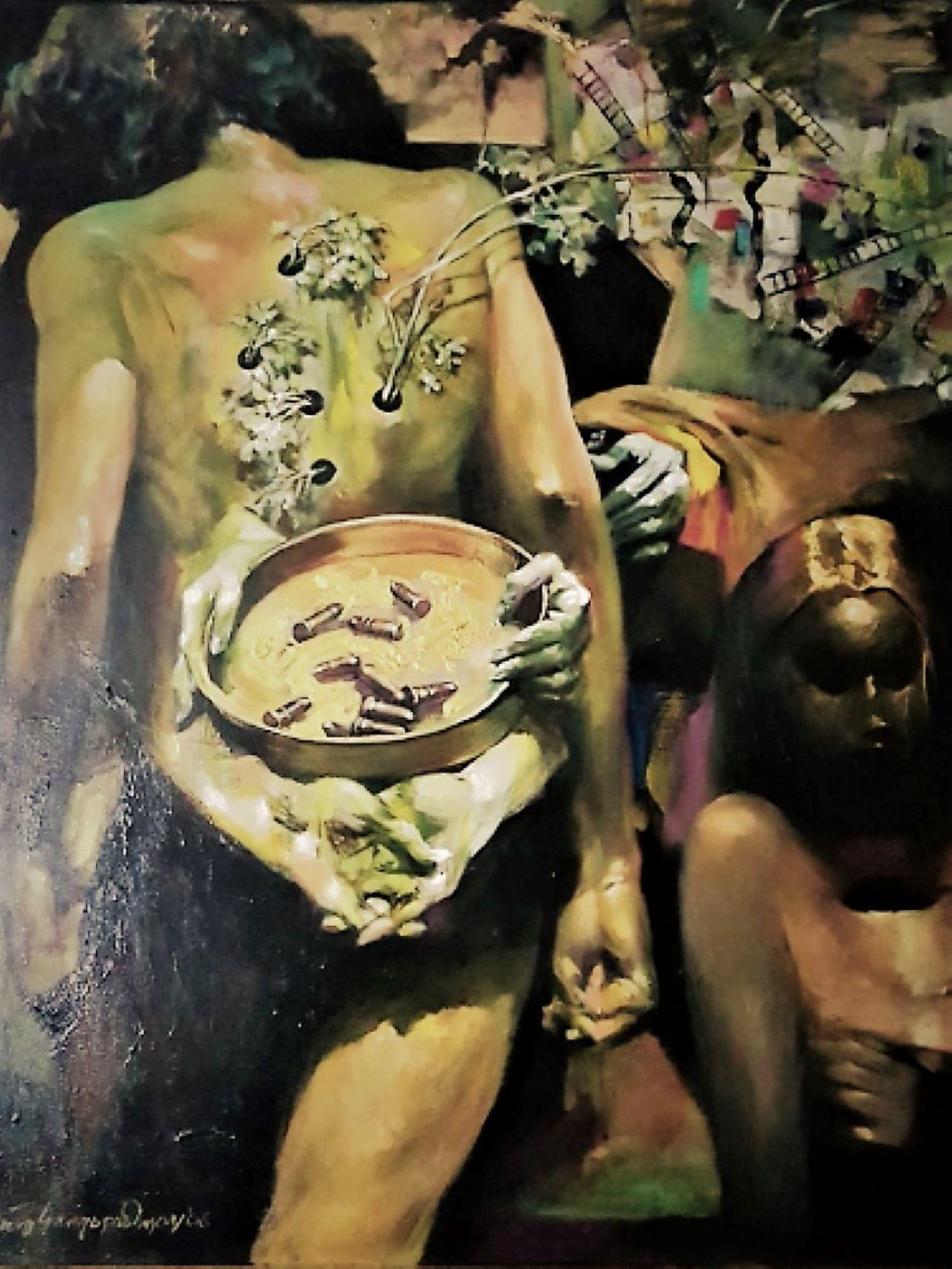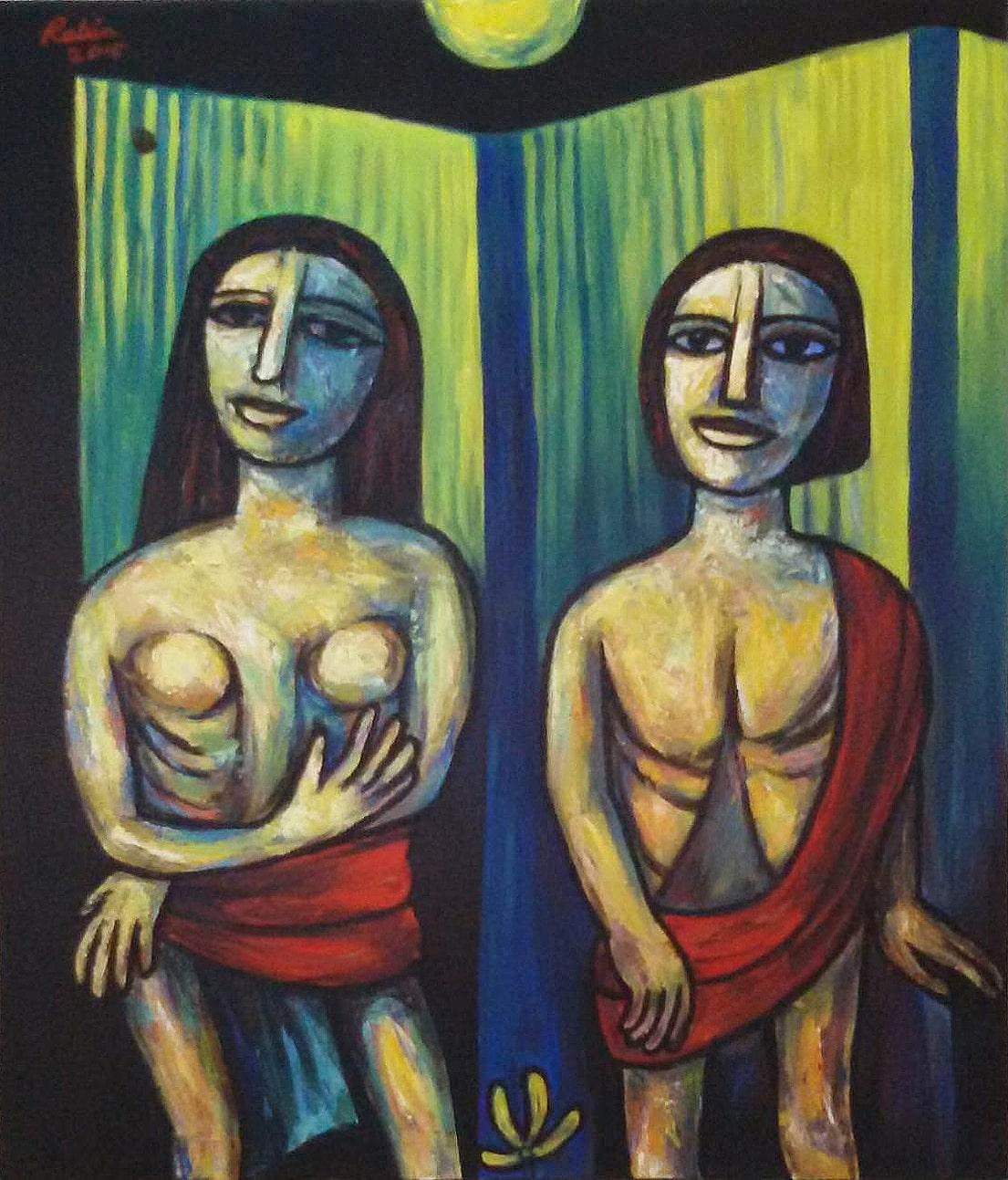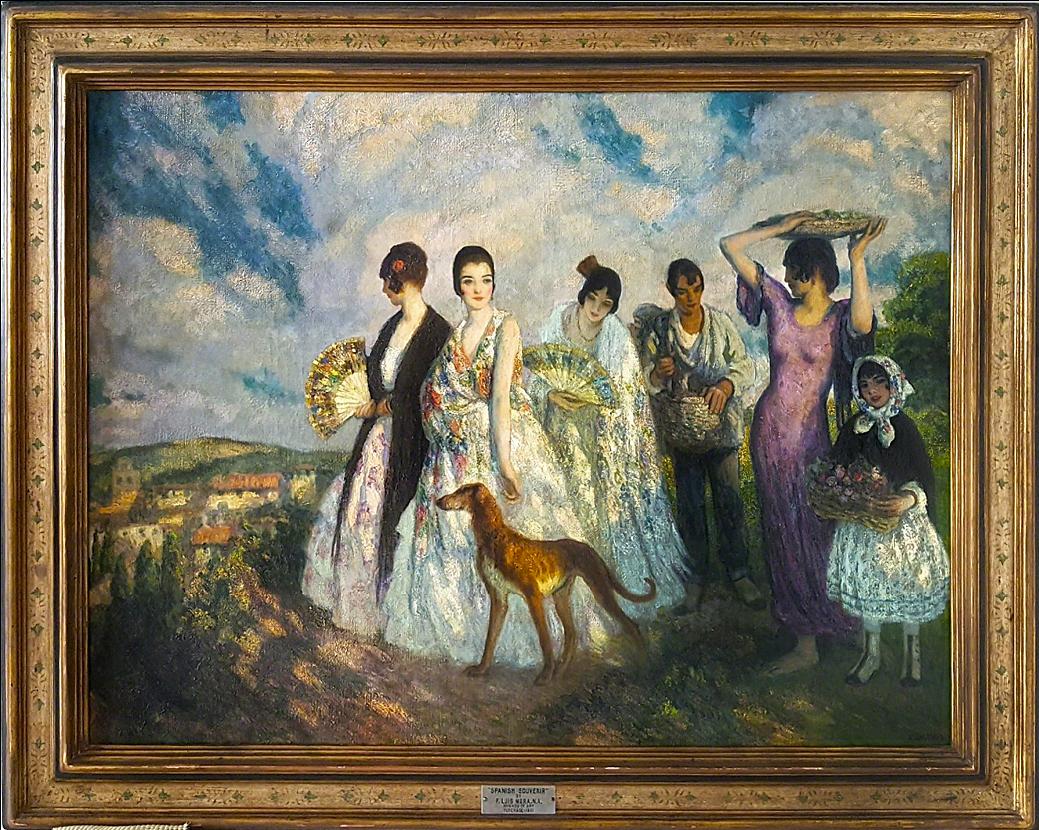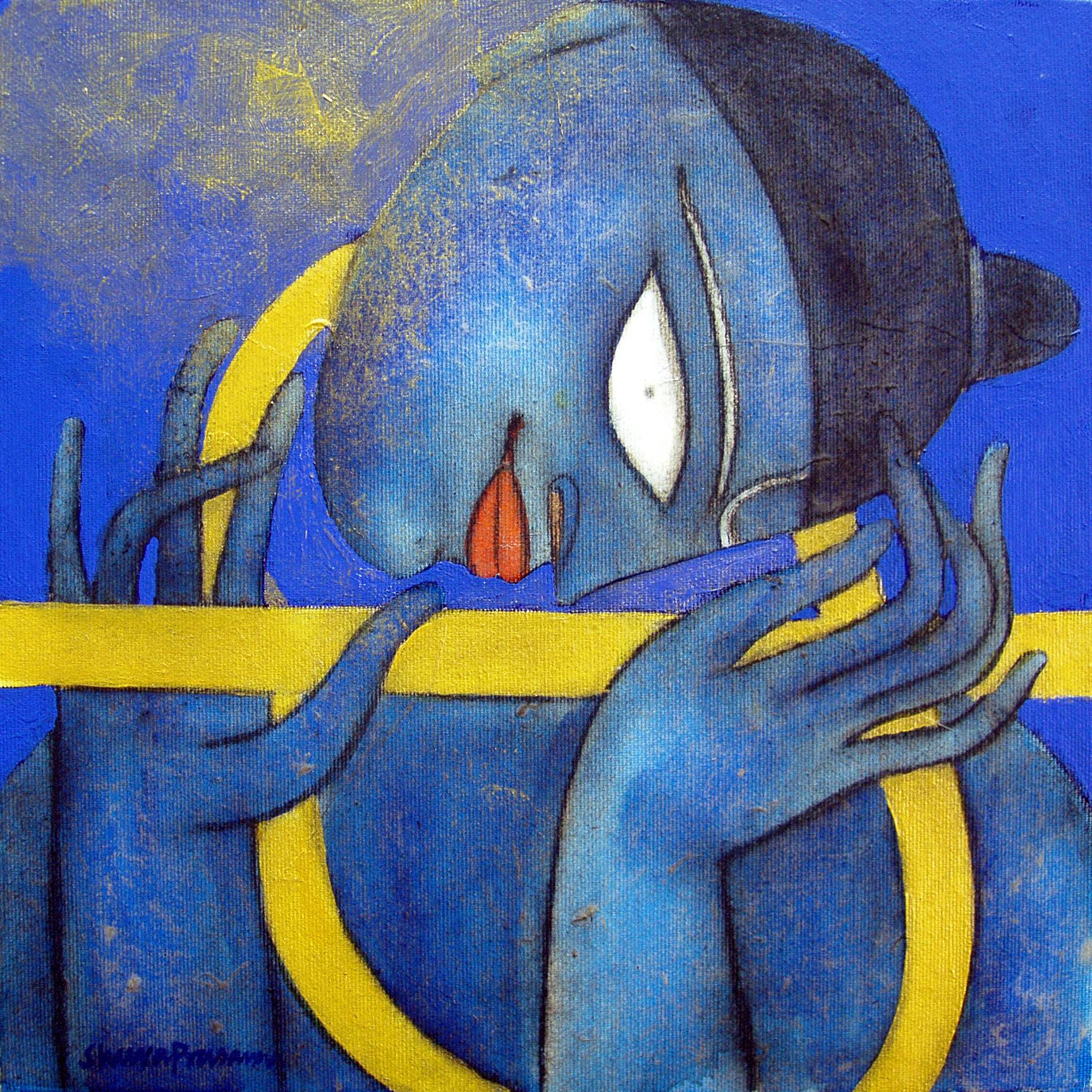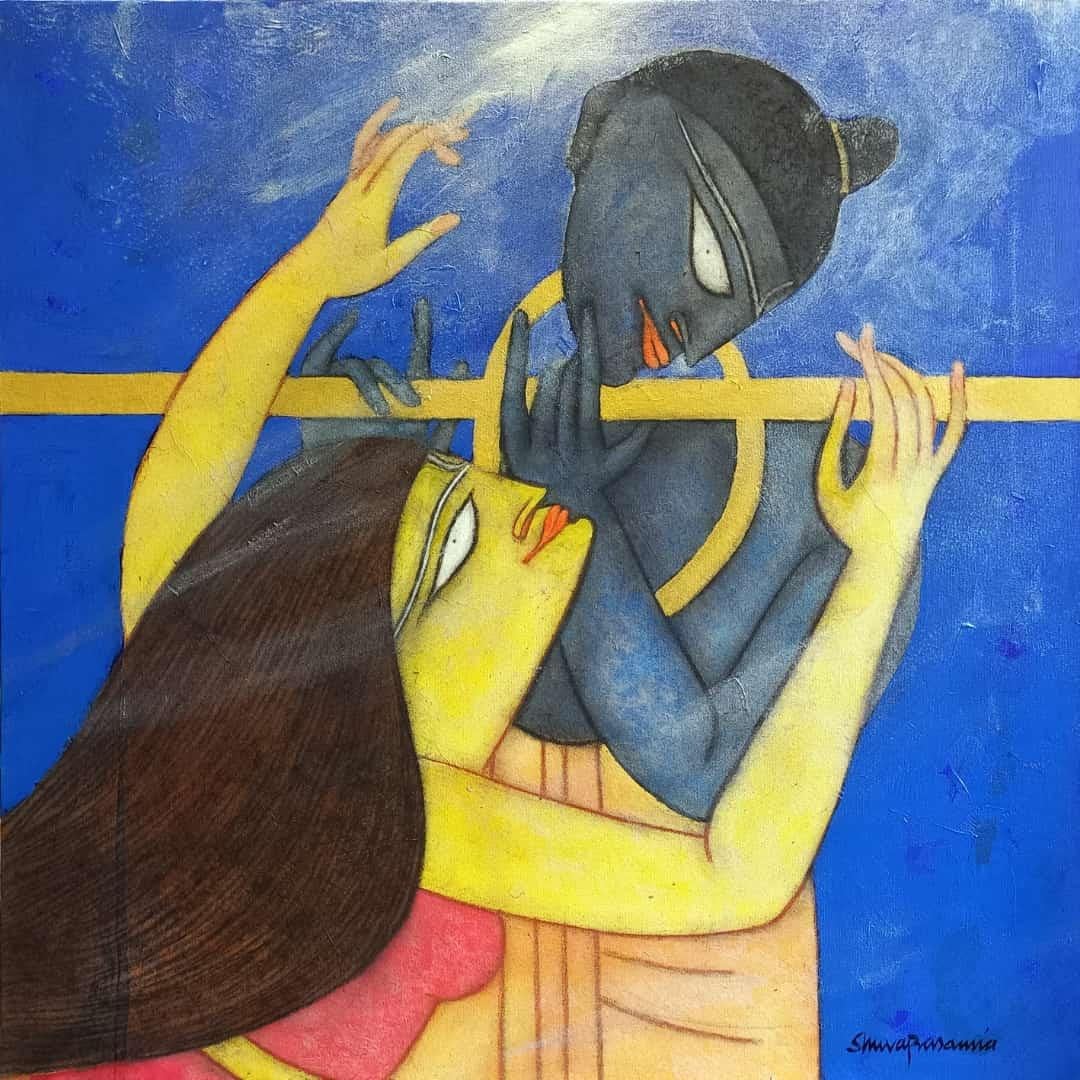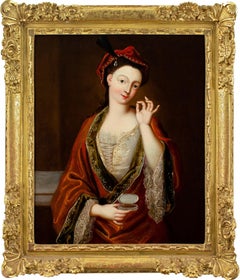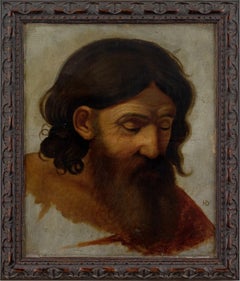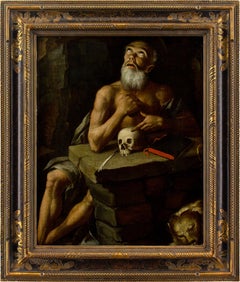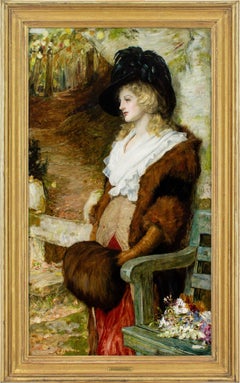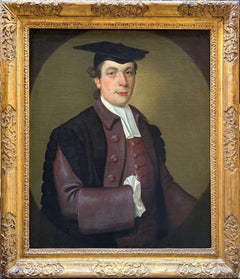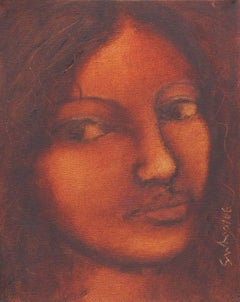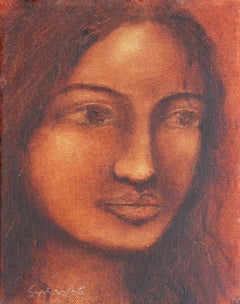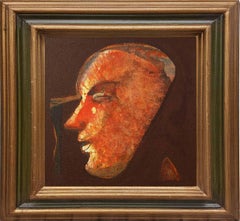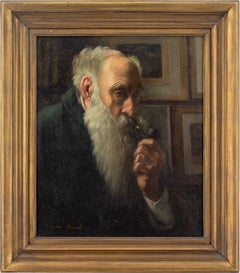
Henri-Georges Bréard, Self-Portrait, Oil Painting
Want more images or videos?
Request additional images or videos from the seller
1 of 13
Henri-Georges BréardHenri-Georges Bréard, Self-Portrait, Oil Paintingc. 1935
c. 1935
Price:$979
$1,114.66List Price
About the Item
About the Seller
5.0
Platinum Seller
Premium sellers with a 4.7+ rating and 24-hour response times
Established in 2017
1stDibs seller since 2023
234 sales on 1stDibs
Typical response time: 2 hours
Authenticity Guarantee
In the unlikely event there’s an issue with an item’s authenticity, contact us within 1 year for a full refund. DetailsMoney-Back Guarantee
If your item is not as described, is damaged in transit, or does not arrive, contact us within 7 days for a full refund. Details24-Hour Cancellation
You have a 24-hour grace period in which to reconsider your purchase, with no questions asked.Vetted Professional Sellers
Our world-class sellers must adhere to strict standards for service and quality, maintaining the integrity of our listings.Price-Match Guarantee
If you find that a seller listed the same item for a lower price elsewhere, we’ll match it.Trusted Global Delivery
Our best-in-class carrier network provides specialized shipping options worldwide, including custom delivery.More From This Seller
View AllJacques François Courtin (Circle), Portrait Of A Lady Taking Snuff
Located in Cheltenham, GB
This exquisite early 18th-century half-length portrait depicts a young lady taking snuff from a silver holder. Stylistically, it’s reminiscent of works by French painter, Jacques Fra...
Category
1720s Rococo Portrait Paintings
Materials
Oil, Canvas
Late 19th-Century French School, Head Study
Located in Cheltenham, GB
This enchanting late 19th-century French oil painting depicts the head of a bearded man.
Rendered with an abundance of consideration and feeling, the introspection of the figure po...
Category
1890s French School Portrait Paintings
Materials
Canvas, Oil
Mid-17th-Century Neapolitan School, Saint Jerome In Penitence
Located in Cheltenham, GB
This remarkable mid-17th-century oil painting, which probably originated in the Naples region of Italy, depicts Saint Jerome in penitence with a skull and sleeping lion. It’s reminis...
Category
1640s Italian School Portrait Paintings
Materials
Oil, Canvas
Robert Walker Macbeth RA ROI RWS, Far From The Madding Crowd
Located in Cheltenham, GB
This spellbinding late 19th-century oil painting by Scottish artist Robert Walker Macbeth RA ROI RWS (1848-1910) depicts a young woman wearing...
Category
1880s Victorian Portrait Paintings
Materials
Oil, Canvas
Rowland Holyoake, Portrait Of A Girl With Wildflowers
Located in Cheltenham, GB
This charming late 19th-century oil painting by British artist Rowland Holyoake (1861-1928) depicts a girl carrying wildflowers while wearing a straw hat decorated with the same. It ...
Category
1880s Pre-Raphaelite Portrait Paintings
Materials
Oil, Canvas
17th-Century Flemish School, Portrait Of A Gentleman In A Justaucorps
Located in Cheltenham, GB
This fine late 17th-century Flemish portrait depicts a distinguished gentleman wearing a justaucorps, black cloak, white shirt, vest, leather gloves, and breeches. He’s carrying a wi...
Category
1670s Old Masters Portrait Paintings
Materials
Oil, Canvas
You May Also Like
Portrait of a Gentleman Commoner at Oxford, 18th Century Oil on Canvas
By James Northcote b.1746
Located in London, GB
James Northcote
Portrait of a Gentleman Commoner at Oxford
Oil on canvas
Image size: 30 x 25 inches (76 x 63.5 cm)
Original gilt frame
This painting is a comparatively rare example ...
Category
18th Century English School Portrait Paintings
Materials
Canvas, Oil
Radha, Cascading hair & wistful looks, Oil Painting, Red, Brown colors"In Stock"
By Suhas Roy
Located in Kolkata, West Bengal
Suhas Roy - Radha - 10 X 8 inches ( unframed size)
Oil on Canvas , 2006
Suhas Roy 's mystic woman which he calls 'Radha', either Oil on canvas or soft coloured pastel on Paper or ...
Category
Early 2000s Modern Figurative Paintings
Materials
Canvas, Oil
Radha, Cascading hair & wistful looks, Oil Painting, Red, Brown colors"In Stock"
By Suhas Roy
Located in Kolkata, West Bengal
Suhas Roy - Radha - 10 X 8 inches ( unframed size)
Oil on Canvas , 2006
Suhas Roy 's mystic woman which he calls 'Radha', either Oil on canvas or soft coloured pastel on Paper or ...
Category
Early 2000s Modern Figurative Paintings
Materials
Canvas, Oil
Face, Acrylic on Canvas, Brown, Red, Yellow by Indian Artist "In Stock"
By Tapas Ghosal
Located in Kolkata, West Bengal
Tapas Ghosal - Face - 12 x 12 inches ( unframed size) )
Acrylic on Canvas
*** Framed ( packing :complimentary; shipping cost would need to be extra)
Style : In Hindu philosophy, ...
Category
2010s Contemporary Figurative Paintings
Materials
Canvas, Oil, Acrylic
Self Portrait
By Gerald Goddard Jackson
Located in London, GB
Gerald Goddard Jackson
1878-1941
Self Portrait
Oil on canvas
Image size: 23½ x 19½ inches
Original frame
Jackson was born at Duddington, Northamptonshire on 5 March 1878. He enrolled at the Slade School of Art in 1893 where he studied alongside fellow students Wyndham Lewis, Orpen, Gertler, Nash and Nevinson. He left the Slade in 1899 in order to travel to Canada, USA and Mexico, spending three years in Italy.
In 1911, he joined the Army. Upon the outbreak of the First World War, his battalion was sent to France. He was captured in 1916 and was held at various German prisoner of war camps, largely at Schwarmstedt in Saxony. Whilst in captivity he befriended the poet Frederick William Harvey...
Category
20th Century Portrait Paintings
Materials
Canvas, Oil
Lake of Purity, Oil on Canvas by Contemporary Indian Artist "In Stock"
Located in Kolkata, West Bengal
Oinam Dilip - Lake of Purity - 42 x 42 inches (unframed size)
Oil on Canvas
Inclusive of shipment in rolled form.
Oinam Dilip was born in 1982 in Bishenpur, Dileep received his Bachelor’s Degree in Fine Arts from Delhi College of Art. In the early years, Oinam experimented with abstract and realist forms of art, which were inspired by the metro cities...
Category
2010s Contemporary Figurative Paintings
Materials
Canvas, Oil
